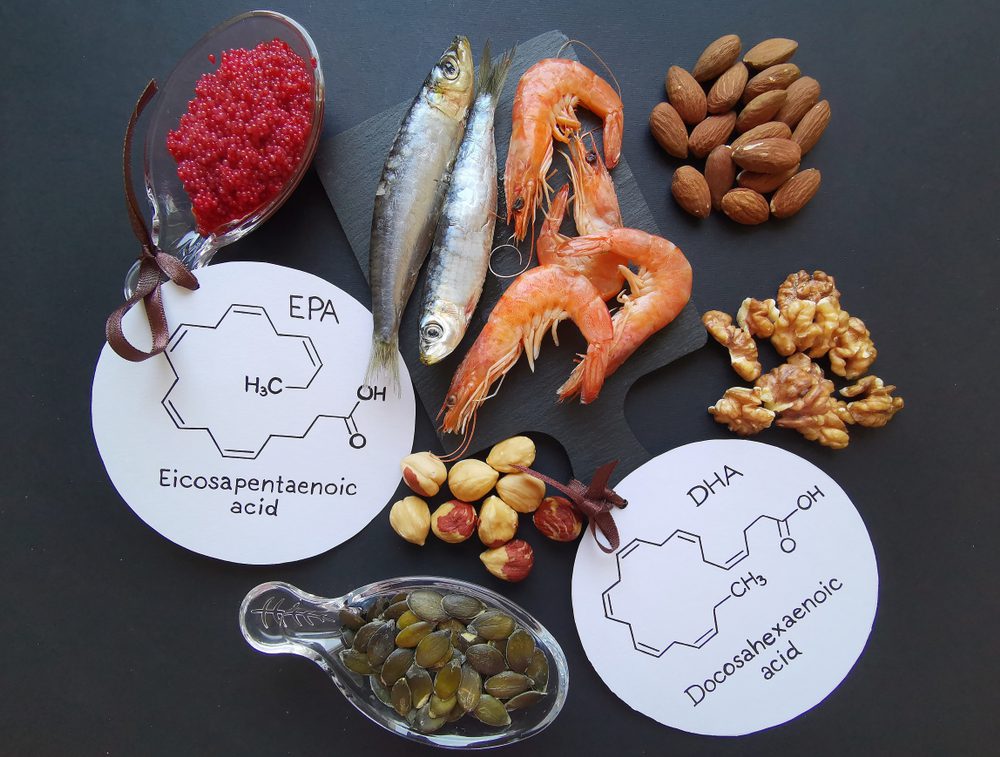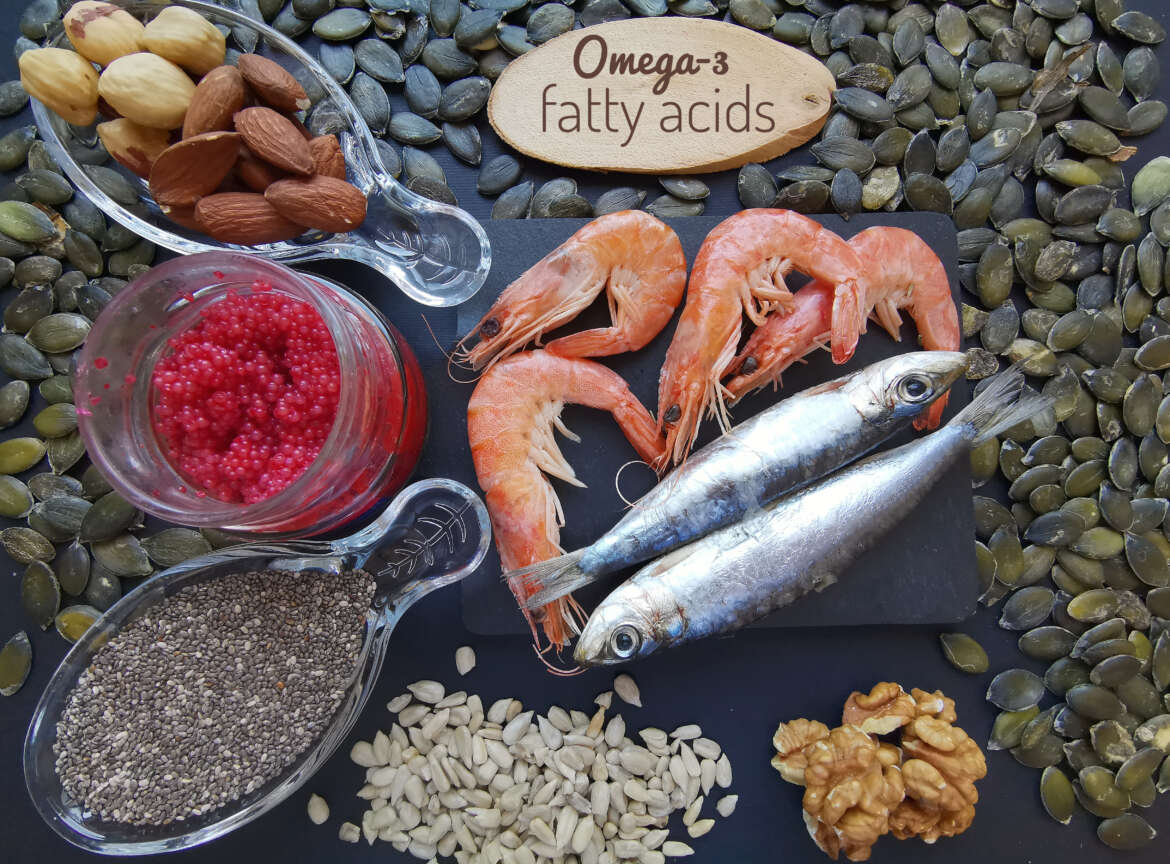Omega-3 fatty acids are essential nutrients that play a crucial role in various aspects of human health, especially during pregnancy and for newborns. These polyunsaturated fats, primarily found in fatty fish like salmon, mackerel, and sardines, as well as in certain plant sources like flaxseed and walnuts, are renowned for their numerous health benefits.
Understanding Omega-3 Fatty Acids
Omega-3 fatty acids come in three primary types: eicosapentaenoic acid (EPA), docosahexaenoic acid (DHA), and alpha-linolenic acid (ALA), each serving unique roles in human health. EPA and DHA are primarily found in marine sources and are known for their potent anti-inflammatory properties and role in brain and eye development. ALA, on the other hand, is predominantly found in plant-based sources and is converted into EPA and DHA in the body, although the conversion rate is relatively low.

Importance During Pregnancy
During pregnancy, omega-3 fatty acids are crucial for both maternal health and fetal development. They are integral components of cell membranes throughout the body and are particularly abundant in the brain and retina. DHA, in particular, accumulates significantly in the fetal brain during the third trimester, a period critical for brain growth and cognitive development.
Research suggests that adequate intake of omega-3 fatty acids during pregnancy may have several benefits:
1. Brain Development: DHA is essential for the development of the fetal brain, influencing cognitive function and vision development.
2. Reduced Preterm Birth Risk: Studies indicate that omega-3 supplementation may help reduce the risk of preterm birth and improve birth weight.
3. Maternal Health: Omega-3s support maternal cardiovascular health, reduce inflammation, and may lower the risk of gestational hypertension and preeclampsia.
Benefits for Newborns
The benefits of omega-3 fatty acids extend beyond pregnancy, positively impacting newborn health and development:
1. Cognitive Development: Infants born to mothers with higher omega-3 intake tend to have better cognitive outcomes, including improved attention span and language skills.
2. Visual Acuity: DHA is crucial for the development of the retina, supporting visual acuity in newborns.
3. Immune System Support: Omega-3s have anti-inflammatory properties that may support immune function and reduce the risk of allergies in infants.
Sources of Omega-3 Fatty Acids
While fish oil supplements are a popular source of omega-3s for pregnant women, it’s essential to consider both dietary and supplement options:
1. Fatty Fish: Salmon, trout, sardines, and mackerel provide rich sources of EPA and DHA, essential for health benefits.
2. Plant-Based Sources: Flaxseeds, chia seeds, hemp seeds, and walnuts provide ALA, which can be converted to EPA and DHA in the body.
3. Supplements: Omega-3 supplements, particularly those derived from fish oil or algae sources, can ensure adequate intake, especially if dietary sources are limited.
Incorporating Omega-3s into Your Diet
For pregnant women, aiming for 200-300 milligrams of DHA per day is recommended by health authorities. You can achieve this by maintaining a balanced diet that incorporates:
-Eating two portions of fatty fish each week can be beneficial.
– Incorporating plant-based sources of omega-3s into meals and snacks.
– Consulting with a healthcare provider about omega-3 supplementation, especially if dietary intake is insufficient.

Conclusion
Omega-3 fatty acids are vital nutrients that play a crucial role in pregnancy and newborn health. From supporting fetal brain development to reducing the risk of preterm birth and enhancing cognitive outcomes in infants, adequate omega-3 intake is essential. By incorporating omega-3-rich foods and, if necessary, supplements into your diet, you can support both your own health and the optimal development of your baby during pregnancy and beyond.
For expecting mothers, consulting with a healthcare provider is recommended to determine individual needs and ensure the best approach to incorporating omega-3 fatty acids into a healthy pregnancy diet. By prioritizing omega-3s, you can contribute to a healthier pregnancy and support your child’s long-term health and development.
Ensure to check with your healthcare provider before making significant dietary changes or starting any new supplements during pregnancy. This will help you tailor your nutrition to meet your specific needs and optimize the benefits of omega-3 fatty acids for you and your baby.


